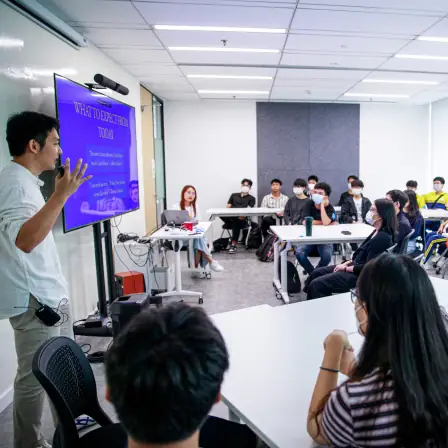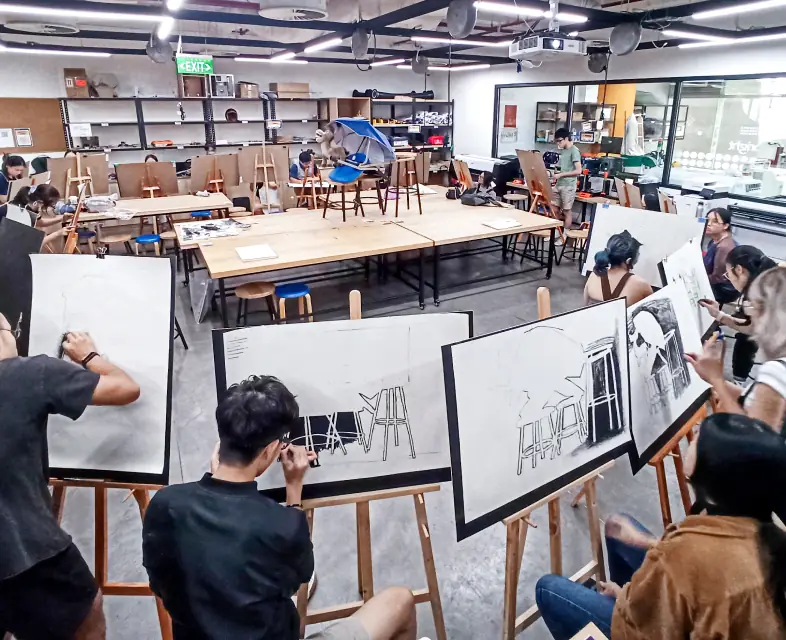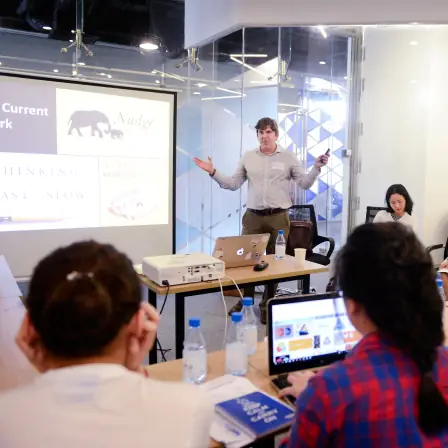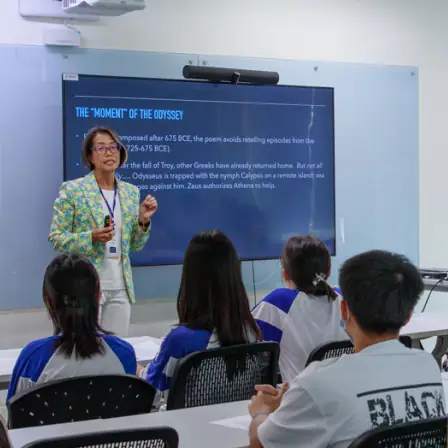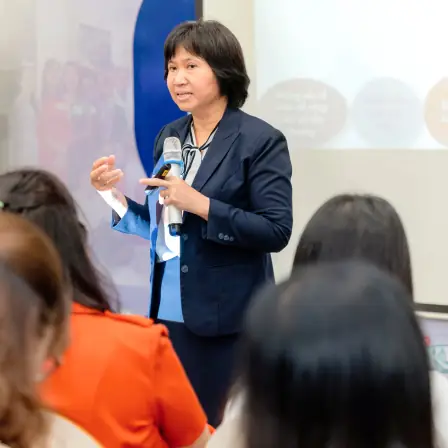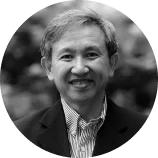The Fulbright liberal arts education begins with the broad training of the Core Curriculum in the first two years, and guides you through a transitional period of academic exploration before you select your major at the end of the second year. This American liberal arts model postpones the major selection to allow you to explore your own interests and experiment widely before making an informed decision to specialize deeply in a subject.

Each major provides a carefully scaffolded progression of courses that grounds you in the fundamentals of the discipline and ultimately trains you to attain a high level of expertise. Fulbright’s majors are based on the rigorous skills training and critical inquiry fostered in the Core, and encourage you to pursue your own intellectual interests with the guidance of expert faculty. You may choose to pursue an additional minor, double major in two subjects, or work with a faculty member on independent capstone research in the final year.
Fulbright offers majors in the Humanities, the Social Sciences, Sciences and Engineering, and Mathematics and Computing. Many of our majors are interdisciplinary and include a focus on Vietnam, including our unique Integrated Science, Art and Media Studies, and Vietnam Studies majors. In addition to innovative curricula and exceptional academic training, majors also offer opportunities for research with faculty members, partnerships for experiential learning with industry, and contact with visiting speakers.
A major at Fulbright offers you a portfolio of experiences that prepare you for the future. It also gives you choice and flexibility, without sacrificing the depth necessary to build their expertise for future jobs and graduate school opportunities.
Fulbright graduates have taken their skills to top employers in Vietnam like Boston Consulting Group, MoMo, and Zalo Pay, and have been accepted to MA and PhD programs in the Netherlands, Germany, and the United States.
Fulbrighters will choose from one or two of the following eleven majors. See the individual major pages for credit requirements and further information on minors and capstones.










